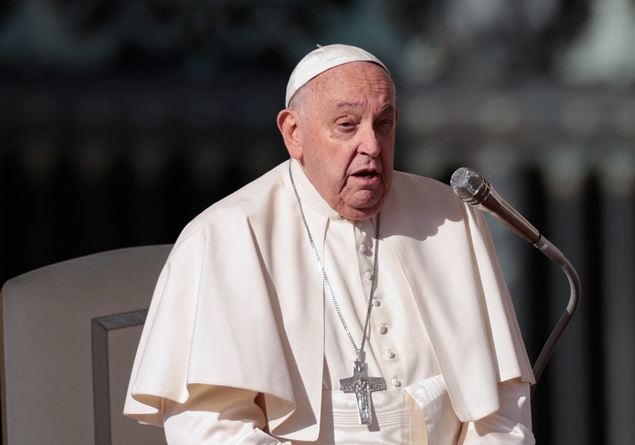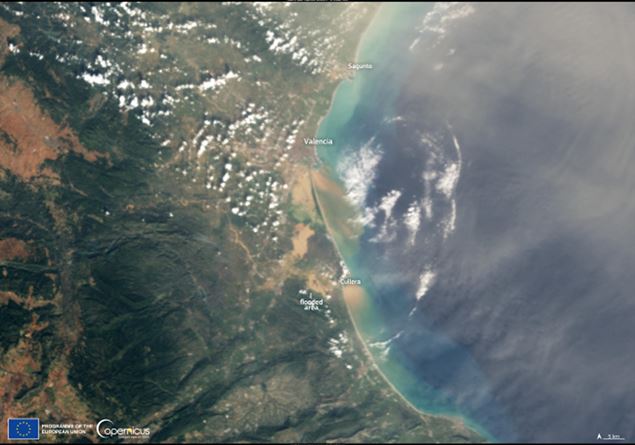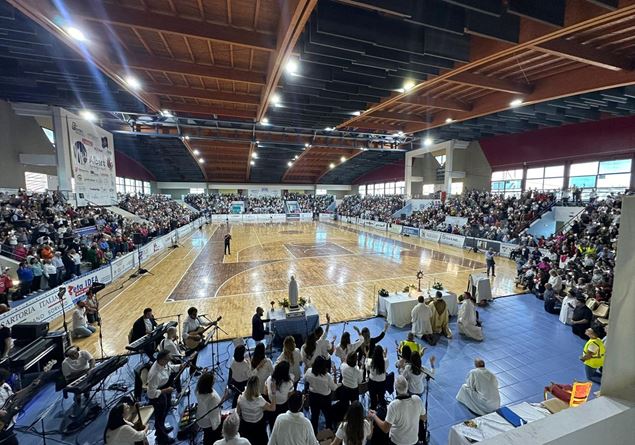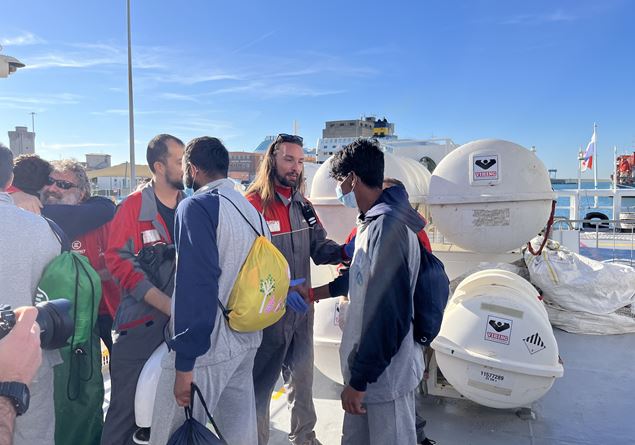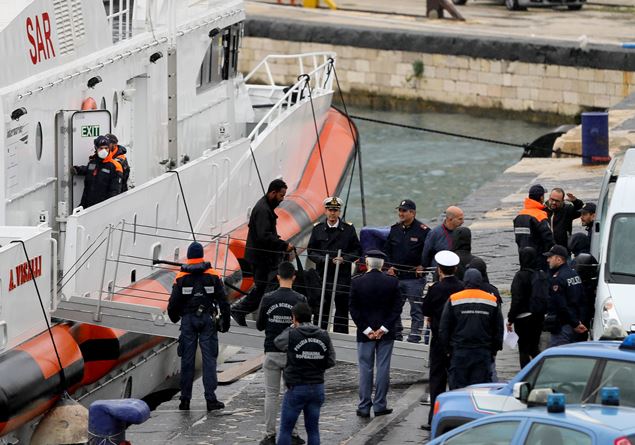
A country with a high number of death sentenceswhere the penal code provides for leniency for so-called “crimes of honor”, where homosexual behavior is persecuted by the police authorities and where cases of forced disappearances it certainly cannot be defined as safe. The now almost declared repression of the migratory phenomenon by the Italian government once again clashes with the laws of the European Union applied by the Italian judges, in this case by the judges of the immigration section of the Court of Catania who did not validate the detention of five migrants who landed in Italy at the end of October, three Egyptians and two Bangladeshis, issued by the Ragusa police commissioner on the basis of the decree law of 23 October 2024 issued by the government following the “Albania case”, decree in which the following are designated as safe countries: «Albania, Algeria, Bangladesh, Bosnia-Herzegovina, Cape Verde, Ivory Coast, Egypt, Gambia, Georgia, Ghana, Kosovo, North Macedonia, Morocco, Montenegro, Peru, Senegal, Serbia , Sri Lanka and Tunisia”.
But how do you define a safe country? It’s not something discretionarybut in addition to the precise parameters indicated by the European directives, there is ultimately the jurisprudence of the Court of Justice of the Union which on 4 October 2024 indicates a country is only safe if it is safe in its entirety and for all individuals. Parameters that today cross a series of sources of information provided by other Member States, fromEasothe European Union agency for asylum present in all border and migrant landing places and also by the Council of Europe and other competent international organizations.
It is the judges of the Court of Catania themselves who reiterate this, taking up the various recent European directives on immigration. «They are very important sentences because in the hierarchy of sources they establish the primacy of the law of the European Union over that of the Italian state, they tell us that before legislating each state must take Europe and its laws into account”, explains the lawyer Rosa Emanuela I will do itimmigration expert who defended one of the five migrants.
In the case of the Egyptian migrant who landed and transferred to the CPR of Pozzallo on 31 October, the lawyer Lo Faro explains: «According to the recent government decree of 23 October, the Egyptian person in question belonged to a safe country, but the government after what happened with the provisions of the Albania case, he drew up his list in a hurry, without distinguishing more or less safe areas, not going into specifics and not analyzing in depth crucial issues for that country such as those of religion or homosexuality, but above all human rights» adds Lo Faro.
According to the recent ruling of the Court of Justice of the EU the judge also has a leading role and in this case he considered Egypt as a country determined by “serious critical issues related to respect for human rights”. The ruling notes that Egypt is one of the states in the world where there is the highest number of executions. According to an Amnesty International report, convictions increased from 256 to 538 from 2021 to 2022. On 3 April 2024, a group of United Nations experts expressed strong concern on this issue. The ruling of the Court of Catania also highlights the case of arbitrary detentions in Egypt, arrests without a warrant, and the increasingly frequent cases of forced disappearances. «The legislation contains very vague terrorism-related definitions used to silence government critics», we learn in the sentence that traces that country where people are also criminally persecuted for using social media just because “some girls were singing or dancing”. And again religion, homosexual behavior persecuted by the police authorities for “violation of family values”, clemency for so-called honor crimes, in addition to the fact that Egypt has not ratified the optional protocol to the Torture Convention. All cases highlighted by the Court of Catania that the Italian government evidently did not consider enough.





